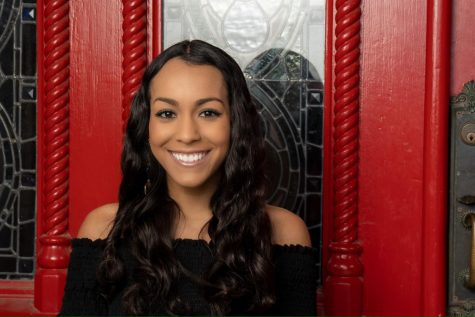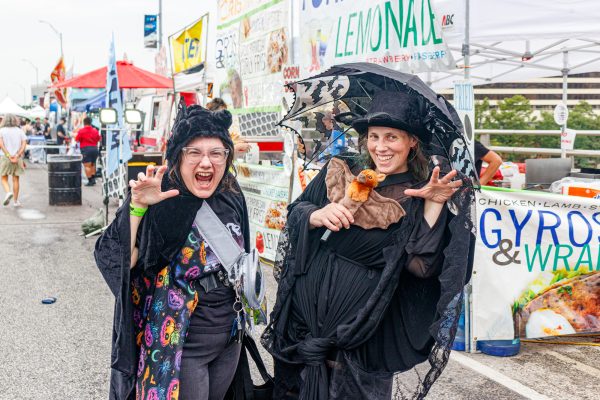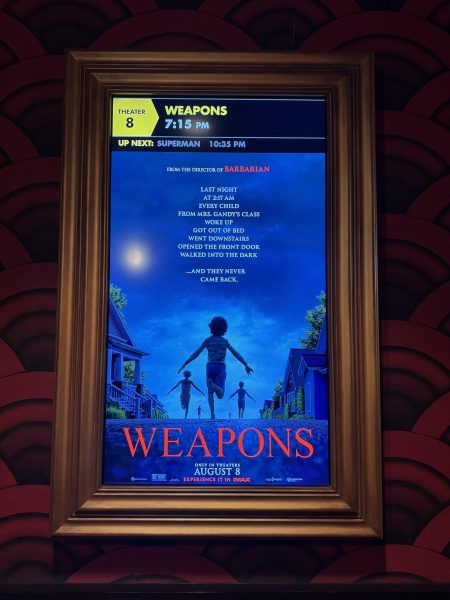Artist Ai WeiWei’s ‘Human Flow’ examines plight of global refugee crisis
More than 65 million people around the world have been displaced; a staggering number that continues to grow each day. Ai Weiwei’s “Human Flow” examines the world refugee crisis through the lens of an artist—making for a powerful and equally beautiful film.
Over the course of one year and 23 countries, the situations of those escaping famine, climate change, persecution and war are depicted, documenting the greatest human displacement since World War II. Refugee camps in Europe, the Middle East, Africa, Asia and North America are visited. Some of the countries of the extensive journey included Afghanistan, Greece, Israel, Turkey, Bangladesh, Italy, Kenya, Germany, Iraq and Mexico.
Cinematic elements of the film truly heighten its message. Statistical facts, poetry excerpt and news headlines appear on the screen throughout. Information by means of interviews, data visuals and resonant quotes are also vital components. Imagery plays a fundamental role in building perspective; particularly several aerial views made possible by drones, which propose the juxtaposition of expansiveness and constraint. From above, the world seems vast and inviting; a sharp contrast to the harsh obstruction of borders and division below.
“Human Flow” exhibits significant aspects of the human condition (growth, emotionality, aspirations, conflict and mortality), while preserving the dignity of its subjects. It successfully puts a face to the crisis, while simultaneously eliciting an emotional response. Ai WeiWei emphasizes the humanity of individual refugees by separating them from an otherwise undifferentiated mass. The audience constantly finds itself looking directly into the eyes of the oppressed, and at certain points, a melancholic gaze is all that is necessary to provoke empathetic thought.
Constant bouts of silence are not hollow, but dense, fulfilled with both reflection of the issues at hand. Contemplation among silence proposes the increasing irrationality of this global issue. It seems that as the number of individuals afflicted increases, tolerance decreases, making refugees’ quest for solidarity severely difficult.
It is stated that if children are raised without any hope, without any prospects for the future or sense of being able to make something of their lives, they will then be vulnerable to all sorts of exploitation, including radicalization. Most children in such environments lack proper education, and thus, bide their time among other toxic outlets.
A stark diversion from acceptance in the midst of globalization has allowed for a worldwide retrogress. Whether by walls, fences or violent force, separation within a shrinking world has become prevalent. Ai WeiWei does not castigate nor ridicule, because it is simply not necessary; a call to action is implied, as the urgency of this issue is portrayed in an unhurried manner. A world devoid of peaceful coexistence is inherently unsustainable, and quite frankly, inhumane. “Human Flow” awakens all who experience it to the hardships of the refugee crisis.

Hey everyone! My name is Gianni Zorrilla. I study communication and journalism and digital media here at St. Edward’s and am one of the Editors-in-Chief...






